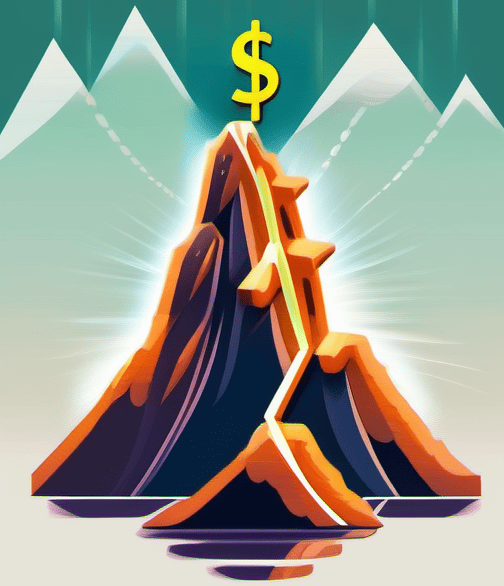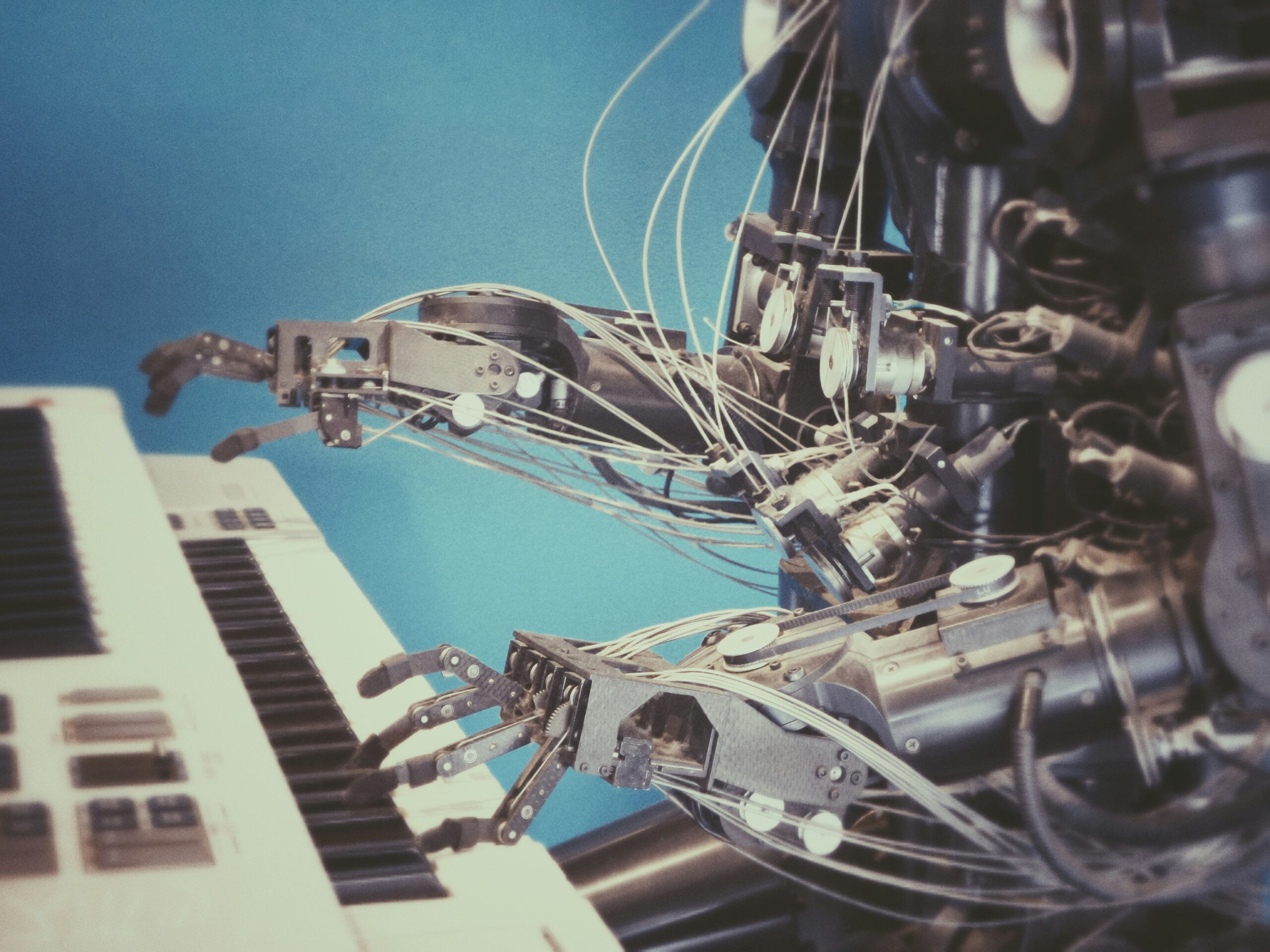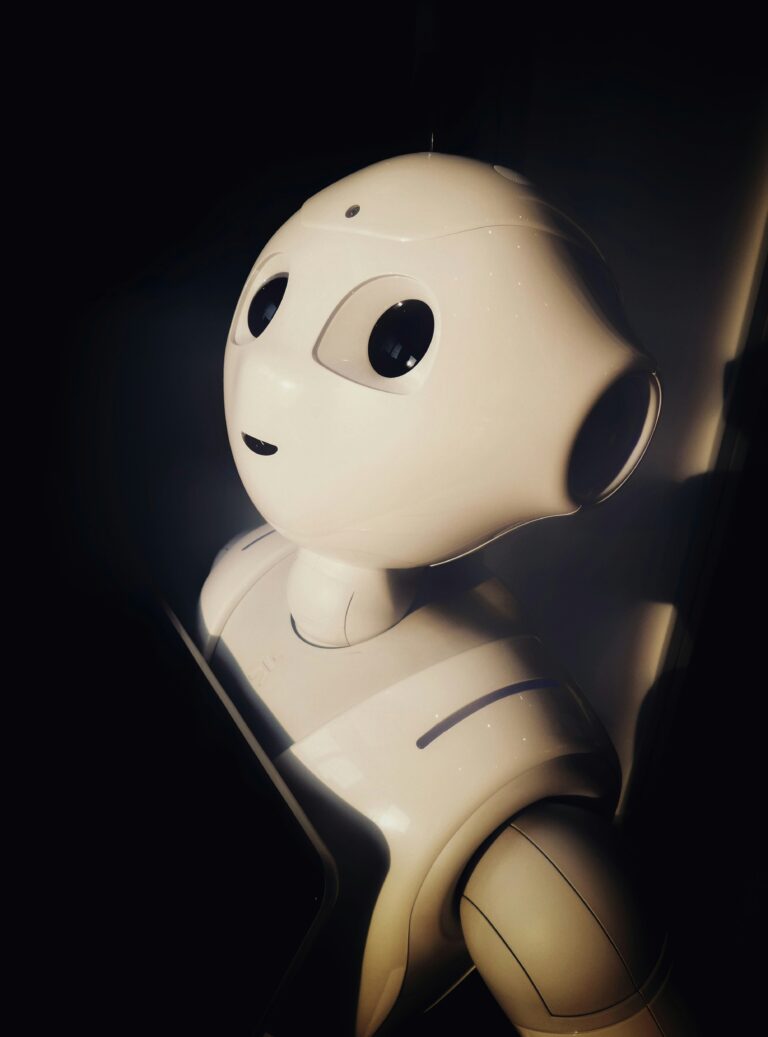Work In The Future
Imagine a world where your office is intertwined with virtual reality, where your colleagues might be sophisticated algorithms, and your workday is shaped by advances that today seem like pure science fiction. In my exploration of “Work in the Future,” I’m excited to share my insights into the ever-evolving landscape of our professional lives. From technological innovations to shifts in work-life balance, I’ll guide you through the possibilities and challenges that await us as we navigate the thrilling frontier of the future workplace.
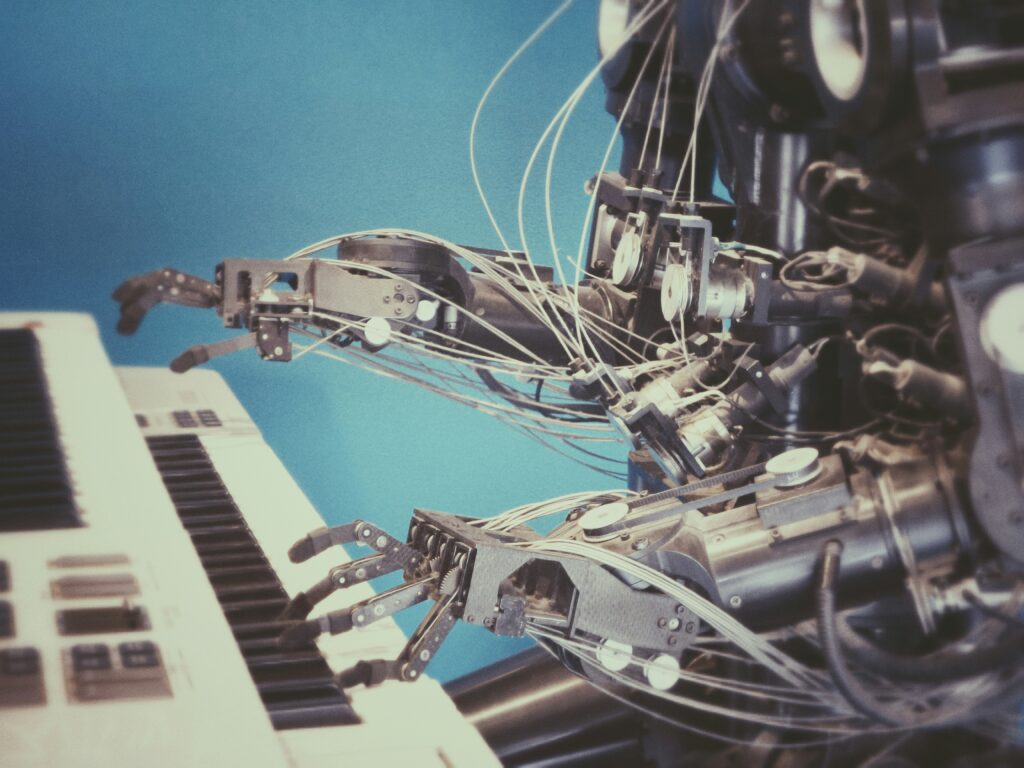
The Evolution of Work
Historical shifts in work culture
Throughout history, the concept of work has continually evolved. As a craftsman in the past, I would have been part of a guild; today, I find myself in a global marketplace. Industrial revolutions reshaped the workforce, introducing mass production and specialization. In my parents’ time, a job was often for life, with a clear hierarchy and expectation of loyalty to a single employer. But things have changed dramatically. I’ve noticed a shift towards valuing work-life balance, greater flexibility, and a desire for meaningful employment.
The impact of technology on work
Technology has been a game-changer in my work life. It’s not just about the tools I use, but also how I communicate, collaborate, and manage projects. The digital age has introduced an unprecedented pace of change, with automation and artificial intelligence redefining what work looks like. Jobs that once seemed secure are evolving or disappearing, while new fields are opening up as fast as I can learn the lingo.
Predicting the trajectory of work evolution
Looking ahead, it’s a bit like gazing into a crystal ball, but one thing is clear: the evolution of work isn’t stopping. I expect to see a continued emphasis on adaptability, creativity, and interpersonal skills. Remote work could become the norm rather than the exception, and the lines between work and life may blur even further. As automation takes care of repetitive tasks, I imagine my future work will focus more on strategy, innovation, and human-centric services.
Changing Job Markets
Industries most likely to grow
Staying abreast of industry trends, I see healthcare, technology, and renewable energy sectors outpacing others in growth. With an aging population and pandemics, healthcare demand is burgeoning. Meanwhile, tech companies are the new titans of industry, driving advancements in everything from software to space travel. And as the world grapples with climate change, renewable energy is not just trendy; it’s essential.
Roles that may become obsolete
In a world where efficiency is king, roles that involve repetitive or predictable tasks are most at risk. I’ve seen automation, self-service kiosks, and even AI start to replace jobs in manufacturing, retail, and customer service. It’s a tough pill to swallow, knowing that what I might have trained for years ago may no longer be relevant.
New job categories emerging
With every door that closes, a window opens. I’m excited about new job categories that didn’t exist when I was in school—think social media managers, sustainability consultants, or telemedicine physicians. The landscape of work is an ever-changing ecosystem, and staying adaptable is key.
The Influence of Automation
Jobs at risk of automation
Automation is creeping into every industry. As someone who’s always been fascinated by efficiency and progress, I also worry about the toll it could take on jobs like data entry clerks, telemarketers, and bookkeepers. Keeping an eye on advancing technology helps me stay one step ahead, ensuring my skills remain relevant.
Enhancing work with automation
But it’s not all doom and gloom. Automation has been a blessing in many ways, taking over mundane tasks and freeing me up for more complex work. It’s satisfying to focus on the creative and decision-making aspects of my job, knowing that systems are in place to handle the routine operations accurately and tirelessly.
The human element in an automated workplace
Despite automation’s march, there’s a comforting realization that human touch remains irreplaceable. Skills like empathy, ethics, and problem-solving are uniquely human, and I’ve found that my value lies not in what I can do, but how I can think and relate to others. In the future workplace, I fancy forging bonds, inspiring teams, and innovating solutions.
The Gig Economy
The rise of freelance and contract work
The gig economy is one of the most vibrant and visible signs of the changing work landscape. I am both a participant and observer, noting the surge in freelance and contract work across industries. This shift represents a move away from traditional employment, offering an alluring mix of flexibility and autonomy. Companies benefit from specialized skills on-demand, while workers like me enjoy the freedom to choose projects that align with personal interests and schedules.
Benefits and drawbacks of the gig economy
This flexibility is a double-edged sword, though. As fantastic as it is to set my own hours and pick my projects, the fluctuating income and lack of job security can be stressful. Benefits like health insurance and retirement plans, once staples of a full-time job, are now my responsibility, requiring careful planning and management.
Regulating gig work for a balanced future
Regulating gig work is a hot topic, balancing the freedom it offers with a safety net for workers. We’re navigating this new terrain together, with discussions around minimum wage laws, benefits, and protections that could alleviate some of the inherent risks of gig work. It’s a delicate balance to strike, but I am hopeful for a system that supports both innovation and worker security.

Remote Work and Telecommuting
The growth of remote work culture
Remote work is becoming a hallmark of the modern workplace. Initially a response to necessity, many businesses have recognized the benefits of allowing employees to work remotely. As someone who’s shifted from a traditional office to a home workspace, I’ve witnessed this transition firsthand. The reduction in commute time, the flexibility, and the ability to tap into a global talent pool are benefits that I appreciate.
Tools and technologies enabling remote work
A suite of digital tools has made this shift possible. Video conferencing, collaborative project management software, and virtual private networks are just a few of the innovations that keep me connected with colleagues worldwide. The technology that felt futuristic a decade ago is now an integral part of my everyday life.
Maintaining work-life balance in a remote setting
However, remote work does blur the lines between personal and professional life. It takes discipline to maintain boundaries, ensuring that I don’t end up working around the clock. I’ve had to learn new strategies for staying focused and productive while also carving out time for rest and family—a juggling act that demands ongoing attention.
Artificial Intelligence in the Workplace
Collaboration between AI and human workers
AI is more than just a buzzword in my line of work—it’s a collaborator. From customer relationship management systems that predict client needs to algorithms that assist with data analysis, I’ve seen AI augment our capabilities. It’s an exciting dance between human intuition and machine intelligence, resulting in enhanced productivity and innovation.
AI in decision-making processes
Integrating AI into decision-making is akin to having a super-powered assistant. It can sift through data at an unimaginable speed, providing insights and recommendations that would take me days to compile. Embracing AI doesn’t mean abdicating responsibility; it means using the tools at my disposal to make more informed and strategic decisions.
Ethical considerations of AI at work
Yet, alongside this power comes a serious responsibility to consider the ethical implications. Issues around privacy, bias, and accountability are ever-present conversations in my workplace. Ensuring AI is employed fairly and transparently is crucial to maintain trust and integrity in the systems we rely on.
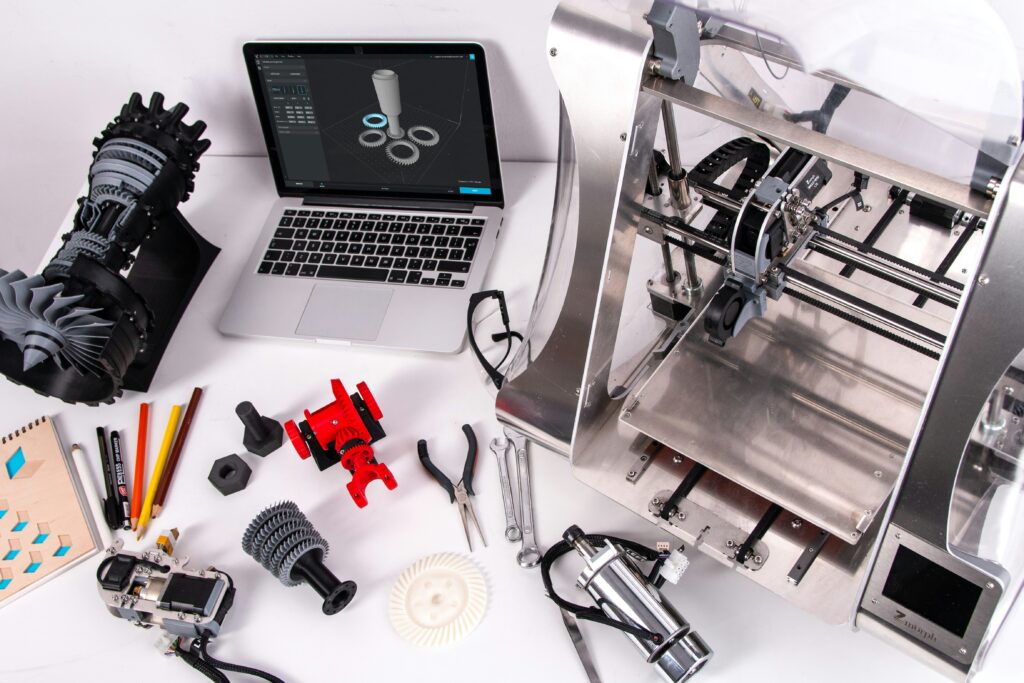
Future Skills and Education
Skills in demand for future jobs
The future job market is hungry for a blend of technical savvy, soft skills, and adaptability. I’m focusing on enhancing my technical knowledge in areas like data analytics and cybersecurity, while also honing my emotional intelligence, creativity, and critical thinking. It’s a broad skill set, but one that promises to keep me viable in the evolving job market.
The role of continual learning and upskilling
Learning is no longer limited to the early years of my career. Upskilling is a constant endeavor, as new technologies and methodologies emerge. Professional development has become a perpetual cycle, and embracing this has been paramount to my growth and success in the workplace.
Transforming education systems for the future of work
Traditional education systems are in a state of flux, adjusting to the demands of a workforce that prizes agility and lifelong learning. I’ve watched institutions introduce more flexible and experiential learning opportunities, focusing on skills that will carry students beyond the classroom and into the dynamic work environment of the future.
The Workplace Environment
Designing for productivity and wellness
The design of my workspace has a profound effect on my productivity and well-being. Companies are recognizing this, creating environments that encourage collaboration and innovation while also supporting health and comfort. Natural light, ergonomic furniture, and communal areas are features I’ve come to appreciate as they contribute to a positive and engaging work atmosphere.
Sustainability in workplace operations
Sustainability is no longer an afterthought in workplace operations—it’s a mandate. I’ve been a part of initiatives to reduce our carbon footprint, from implementing recycling programs to choosing eco-friendly suppliers. The collective effort to run a greener office is not just good for the planet; it’s good for morale and the bottom line.
Community and social interaction at work
A sense of community at work matters to me. It’s about more than just networking; it’s about building relationships and fostering a culture of support and collaboration. Social interaction boosts my motivation and enjoyment of my job, and I see companies investing in team-building activities and social events to cultivate this community spirit.
Legislation and Workers’ Rights
Adapting laws for new work paradigms
The landscape of work has changed, and with it, the need for legislation that reflects the new realities. It’s a complex task to adapt laws for gig workers, remote employees, and the use of AI, but it’s essential to ensure fair and equitable treatment. Watching governments navigate this challenge is a reminder of the need for strong worker representation in the digital age.
Protecting workers in a digital age
Digital technology brings with it a host of new concerns around data security, privacy, and worker exploitation. Protecting workers in this digital age means establishing clear guidelines about data usage, ensuring fair compensation, and safeguarding against abuse. I take comfort in seeing regulations evolve to address these issues, though there’s a long road ahead.
Global labor standards and fair trade
In an interconnected world, labor standards and practices often cross borders. The push for global labor standards and fair trade agreements is a step towards a more just and equitable workplace for all, regardless of location. As someone who works with international colleagues, I believe it’s imperative to uphold these standards for the benefit of workers worldwide.
Technology’s Role in Upskilling
Online platforms for education and growth
The internet has democratized education, making learning accessible to anyone with a connection. Online platforms offer a plethora of courses, from coding bootcamps to leadership workshops, making it easier for me to acquire new skills and advance my career on my own terms.
The democratization of learning
Learning is no longer confined to traditional settings or schedules. I’ve taken advantage of this democratization, indulging my curiosity and expanding my knowledge base on topics that interest me. Regardless of my social or economic standing, I have the world of information at my fingertips.
Corporate responsibility in employee development
Corporations play a critical role in employee development, and I’ve seen an increasing number involve themselves in the growth of their teams. By providing access to training programs and encouraging continuous learning, companies not only enhance their workforce but also foster loyalty and satisfaction among employees like me.
The future of work is a dynamic and fascinating subject. Through technology, societal shifts, and continuous learning, I see a landscape that is complex yet filled with opportunity. It’s a future I approach with anticipation and a willingness to adapt, knowing that the only constant in the evolution of work is change itself.
